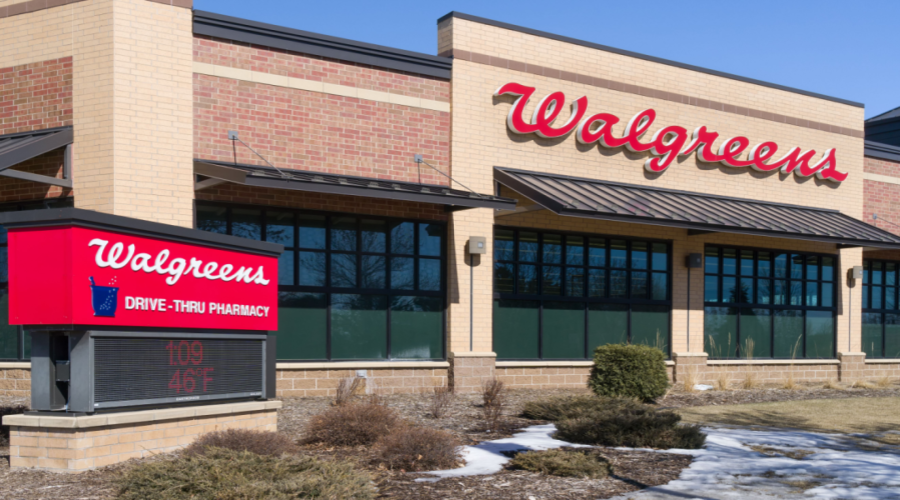Rates of obesity are quickly rising. In fact, the World Obesity Federation’s 2023 Atlas predicts that 51 percent of the world will be obese or overweight within the next 12 years. And not only does obesity increase the risk of severe illnesses from viruses such as COVID-19, but it’s also linked to between 30 to 53 percent of new diabetes cases in the U.S. every year, according to the Journal of the American Heart Association. Obesity is a worldwide problem and a major global health concern.
The factors that contribute to the rise in obesity include modern lifestyles that allow for easy access to unhealthy foods, a sedentary lifestyle, and environmental factors that limit access to healthy food and exercise. To effectively manage the obesity problem, it will require the promotion and acceptance of healthy lifestyle habits. However, this depends on the availability of resources such as affordable, nutritious food options and access to places that promote exercise. Counseling and guidance by healthcare professionals is also necessary for disease state prevention and treatment.
A position statement by the American Society of Health-System Pharmacists recommends increased counseling by pharmacists to help obese patients manage lifestyle modifications. Since you are easily accessible to patients who live in locations throughout the community, you can serve as an alternative source for lifestyle and weight-loss counseling.
Take Charge, a pharmaceutical company that’s been around for 20 years, happens to do just that.
“Education is the only thing in the entire marketplace that’s ever been proven that will work long term for obesity,” Terry Forshee, DPh, PD, CDE, President and CEO of Take Charge, said. “There hasn’t been an opportunity for healthcare professionals to tie into any kind of educational process to facilitate this education. That’s what we do in my company.”
Take Charge trains independent pharmacy teams to address obesity, the nutritional aspects of type 2 diabetes, and cardiovascular disease. It’s a 26-week process in which the pharmacist and team walk a patient through step-by-step, weekly meetings where they teach them nutritional concepts.
“The advantage as an independent pharmacist is we have tremendous communication skills. We’re natural-born communicators. We’re on every street corner, every city, and we’re available to do a process like this. We owe it to our patients to help them,” Forshee said.
Take Charge offers health education for your patients, such as learning how the body uses proteins, fats, and sugars. The patient’s progress is monitored through regular body measurements, such as weight loss, lab testing, and bioimpedance readings. Counseling is also provided by trained healthcare professionals to provide support and guidance.
“Pharmacists know most of what needs to be taught. Everyone knows how to eat healthily, but they don’t do it. So, through the Take Charge program we create a health coaching process for the community pharmacy,” Forshee said. “We have a face-to-face, one-on-one process. The education is done through our app and our videos. We’ve created 52 extremely high-quality videos that go over every aspect of nutrition, exercise, and all the things they need to do.”
One thing that Take Charge is not is a lose-weight-quick program. Instead, it’s an easy weight-loss program and a natural alternative to the GLP-1 agonists. It’s also an educational process for patients, and one that they’ll carry with them for the rest of their lives.
“We’re the only company that doesn’t want our patients using our meal replacements forever. When they stop, they’re not going to gain the weight back because they’ve learned to replace them with healthy nutrition. It gives them room to make mistakes,” Forshee said. “They drink two shakes a day for six to eight weeks, depending on the patient. Even if they make mistakes during the process, they won’t punish themselves as much as if they were just eating whatever they wanted. It buys them room to make mistakes. The more they learn, the less they rely on the meal replacements. By the end of 26 weeks, virtually every patient is off the shakes.”
Take Charge is an easy weight-loss program. Forshee said that most of the benefits patients gain, from both the nutritional help and from reducing their weight, comes in the first 10 to 15 percent of body fat they lose.
“Most of our patients reach that initial goal by the end of the first 90 days. During that time, the patient is creating their own blueprint for success under the pharmacy team’s guidance. The next 90 days are focused on permanent implementation of that blueprint, which leads them to reaching their final goal—a lifetime of a healthy lifestyle.”
It doesn’t cost the patient anything to do the Take Charge program. This is because the program saves them enough money off their food bill to completely offset the fees that the pharmacist charged.
“This is the basic core of everything,” Forshee said. “If you can learn that people will pay you, and they will seek you out for a service that they can’t get anywhere else in the nation, it’s your golden ticket.”
Obesity Statistics
- Based on data collected between 2017 and 2020, 41.9% of adults in the U.S. are obese. (Trust for America’s Health)
- Obesity is linked to 30% to 53% of new diabetes cases in the U.S. every year. (Journal of the American Heart Association)
- More than 1 billion people have obesity worldwide–650 million adults, 340 million adolescents, and 39 million children. (World Health Organization)
More articles from the June 2024 issue:
- Drug-Induced Nutrient Deficiencies
- Protect Your Pharmacy
- The Art of Apologizing
- Adding Services to Your Pharmacy
- Needle-Free Weight Loss
- Big Pharma Companies and the Threat of Expired Patents
- Your In-Store Event
- Taking Charge of Obesity
A Member-Owned Company Serving Independent Pharmacies
PBA Health is dedicated to helping independent pharmacies reach their full potential on the buy-side of their business. Founded and run by pharmacists, PBA Health serves independent pharmacies with group purchasing services, wholesaler contract negotiations, proprietary purchasing tools, and more.
An HDA member, PBA Health operates its own NABP-accredited warehouse with more than 6,000 SKUs, including brands, generics, narcotics CII-CV, cold-storage products, and over-the-counter (OTC) products — offering the lowest prices in the secondary market.












